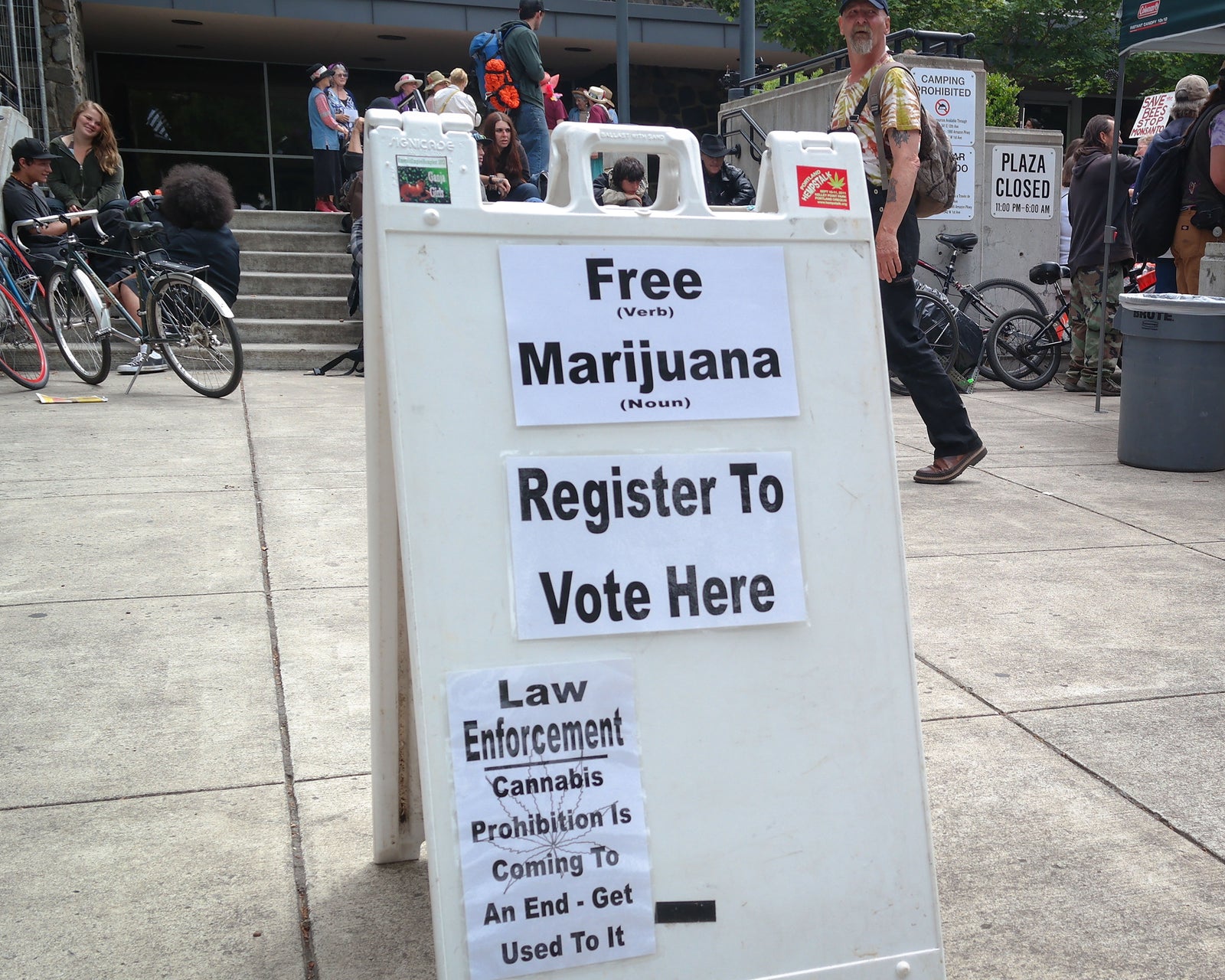Marijuana, also known as cannabis, is a controversial substance that has been the subject of much debate and legal action in recent years. The legality of marijuana varies widely across the world, with some countries and states having legalized the drug for medical or recreational purposes, while others maintain strict prohibitions. Understanding the current state of marijuana legality is important for anyone who is interested in using or researching the drug.
In many countries, including the United States, marijuana is still considered an illegal drug under federal law. The possession, sale, and distribution of marijuana are subject to criminal penalties, and people who use the drug can face arrest and imprisonment.
However, in recent years, a growing number of states and countries have moved to decriminalize or legalize marijuana. In some cases, marijuana has been legalized for medicinal purposes, allowing patients with certain conditions to access the drug with a prescription. In other cases, marijuana has been legalized for recreational use, allowing adults over a certain age to purchase and use the drug without restriction.
The legalization of marijuana has been a controversial and hotly debated issue, with proponents arguing that it can provide numerous medical benefits and generate tax revenue, while opponents warn of the potential health and social risks associated with the drug.
In the United States, marijuana legalization has been a state-by-state process, with individual states making their own laws and regulations regarding the drug. As of my knowledge cutoff in 2021, there are 36 states and the District of Columbia that have legalized marijuana for medicinal purposes, and 15 states that have legalized marijuana for recreational use. However, the federal government continues to classify marijuana as a Schedule I drug, meaning that it is considered to have a high potential for abuse and no accepted medical use.
In other countries, the legalization of marijuana has taken a different path. In some countries, such as Canada and Portugal, marijuana has been legalized for both medical and recreational purposes, while in others, such as the Netherlands and Spain, it has been decriminalized or legalized for medicinal use only.
In conclusion, the legality of marijuana varies widely across the world, with some countries and states having legalized the drug for medical or recreational purposes, while others maintain strict prohibitions. Understanding the current state of marijuana legality is important for anyone who is interested in using or researching the drug, and for anyone following the ongoing debate over marijuana legalization.


